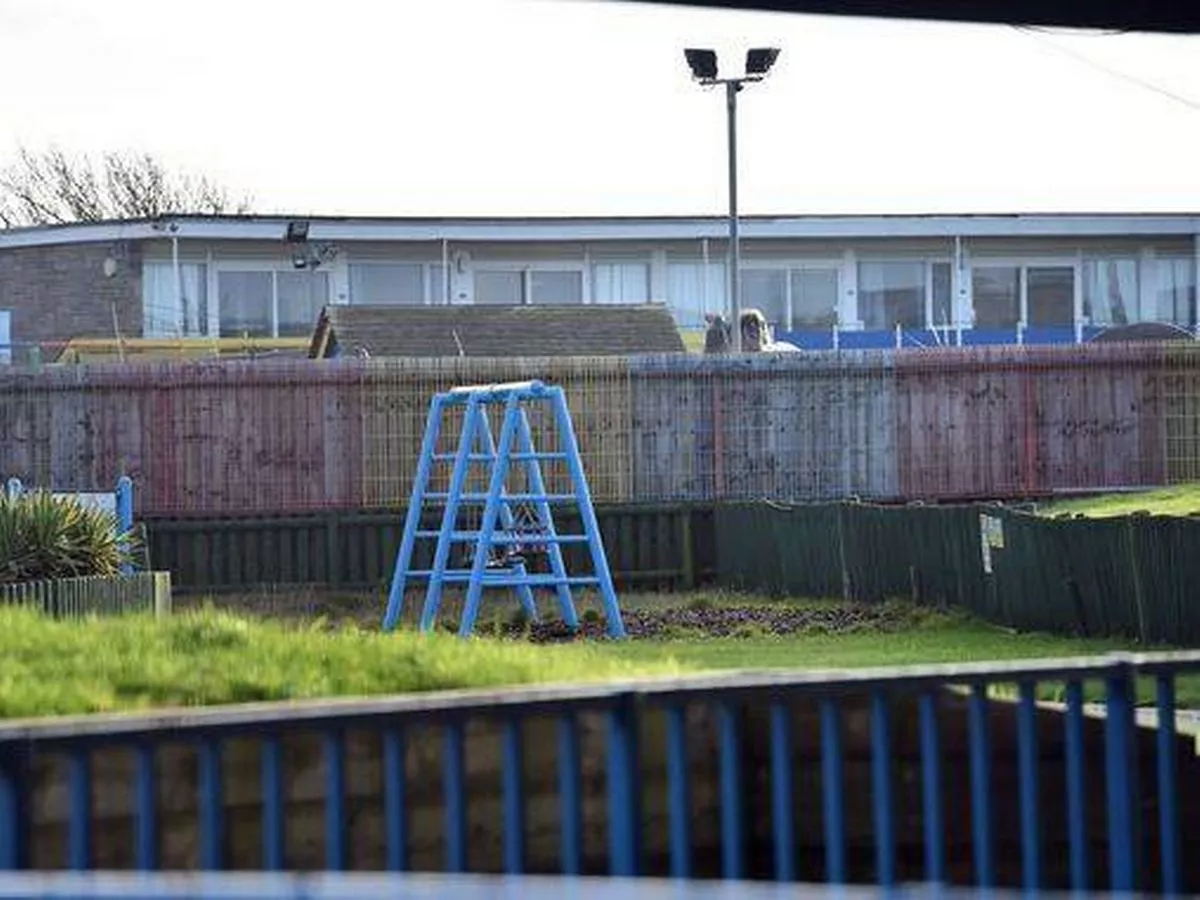
The former Hollywood Casino, just north of the State Capitol in Baton Rouge, moved onto land in 2023 as part of an $85 million overhaul. Rebranded as The Queen, the casino had more space for slots and table games, new dining and entertainment options and a shorter walk from the parking lot to the gambling floor.
The move paid off for Bally’s, The Queen’s parent company. In July, the casino brought in $8.1 million in winnings and had over 122,000 visitors, capturing more than one-third of the $22.2 million Baton Rouge casino market that month.
The Queen is not alone. Across the state, casinos from Bossier City to Baton Rouge, as well as Caesars in New Orleans, are upgrading, expanding and adding new amenities — and seeing big returns in the process.
For the first seven months of the year, the 16 state-licensed riverboats and Caesars have brought in $1.27 billion, up nearly 11% from $1.15 billion during the same period last year. That figure has been boosted by the addition of a 15th riverboat casino, the Live! Casino & Hotel, in Bossier City.
Since 2022, Horseshoe Lake Charles, The Queen Baton Rouge and Treasure Chest in Kenner have all moved on to land. The Belle of Baton Rouge will join them in December, when its $141 million expansion and rebrand as Bally’s Baton Rouge is completed.
Caesars, meanwhile, completed a more than $400 million overhaul at the end of 2024.
In part, the new investment is fueled by a 2018 change to state law that allowed floating casinos, which for decades were only allowed to operate over water, to move onto land and open bigger gaming halls with better facilities and adjoining hotels.
It has also been fueled by more competition from a growing number of jurisdictions that have legalized gaming in the more than three decades since Louisiana’s first riverboats opened.
“People like new,” said Matt Roob, senior vice president of financial analysis for Spectrum Gaming, a consulting firm. “That’s really what you’re seeing, and to stay competitive, you have to give them something new.”
Evolution
In the early years, the state’s gaming laws required that floating casinos — then, all paddlewheel-style riverboats — actually cruise from time to time over open water. Over time, as concerns about legalized gaming eased, the laws relaxed and floating casinos evolved into multistory facilities that sat atop barges.
Still, they were required to technically float, which casino operators and their lobbyists argued put them at a competitive disadvantage at a time when legalized gaming of one sort or another was spreading across the country.
In 2018, state Sen. Ronnie Johns, a Lake Charles Republican, led efforts to change the law to allow riverboat casinos to move onto land. Johns later became head of the Louisiana Gaming Board. In exchange, casino operators had to show the move would lead to significant investment, in the form of new restaurants, hotels and entertainment facilities.
So far, it has.
In Baton Rouge, The Queen’s $8.1 million in winnings in July was nearly four times greater than in July 2023. The number of visitors nearly tripled and the casino added 100 new employees.
“We’ve seen not only greater foot traffic and greater revenue share, but increases in retail revenue for food and beverage, catering and entertainment,” said Lauren Westerfield, a Bally’s spokesperson.
By improving The Queen and making it easier for locals to get on the casino floor, Westerfield said the property has increased its footprint.
“We have more repeat visitation customers,” she said. “The people who were visiting once a week are now coming three to five times a week.”
Bally’s officials hope they see the same effect when the Belle moves onto land later this year. Plans are to add 100 new employees, along with a range of new restaurants including an oyster bar/bistro, a cocktail bar and a sports lounge. The property’s 242 room hotel opened in the spring. It had been closed since the start of COVID-19 pandemic due to roof damage.
Reengaging locals, attracting visitors
In Kenner, the Treasure Chest Casino has had a similar experience. It opened a new larger, $100 million land-based casino in June 2024. Twice the size of its floating predecessor, the new casino features a convention space, 1,700-space parking lot and four new restaurants, including Kenner’s only steakhouse.
In its first year, the casino collected an average gross revenue of $12.6 million per month, about 82% higher than the year before, according to gaming revenue reports by Louisiana State Police.
The casino’s average patronage also nearly doubled during that period, with about 89,000 customers visiting each month compared with about 47,000 the year before.
Kenner Mayor Michael Glaser said earlier this summer that the new facility is not only more popular with gamblers because of its amenities and convenience but that local organizations book meetings and galas in the event spaces.
But Roob, the consultant, said it’s likely a combination of the two.
“If you have a nice, new casino in New Orleans or Kenner, your customers are much less likely to go over to Mississippi,” he said. “It is also like, ‘Gee, if I really like the bar and it’s a nice place and they make a good drink, I might have a second instead of just one.’”
The current round of upgrades and expansions at casinos around the state is part of an ongoing way of doing business, Mowad said. Customers are demanding more and to keep up with the competition, casinos will have to continue to deliver and reinvent themselves in new ways.
“It’s no longer a matter of you spend $400 million and you’re done for 10 years,” he said. “You want to continue to invest in your property to make it something people want to come visit again and again.”



